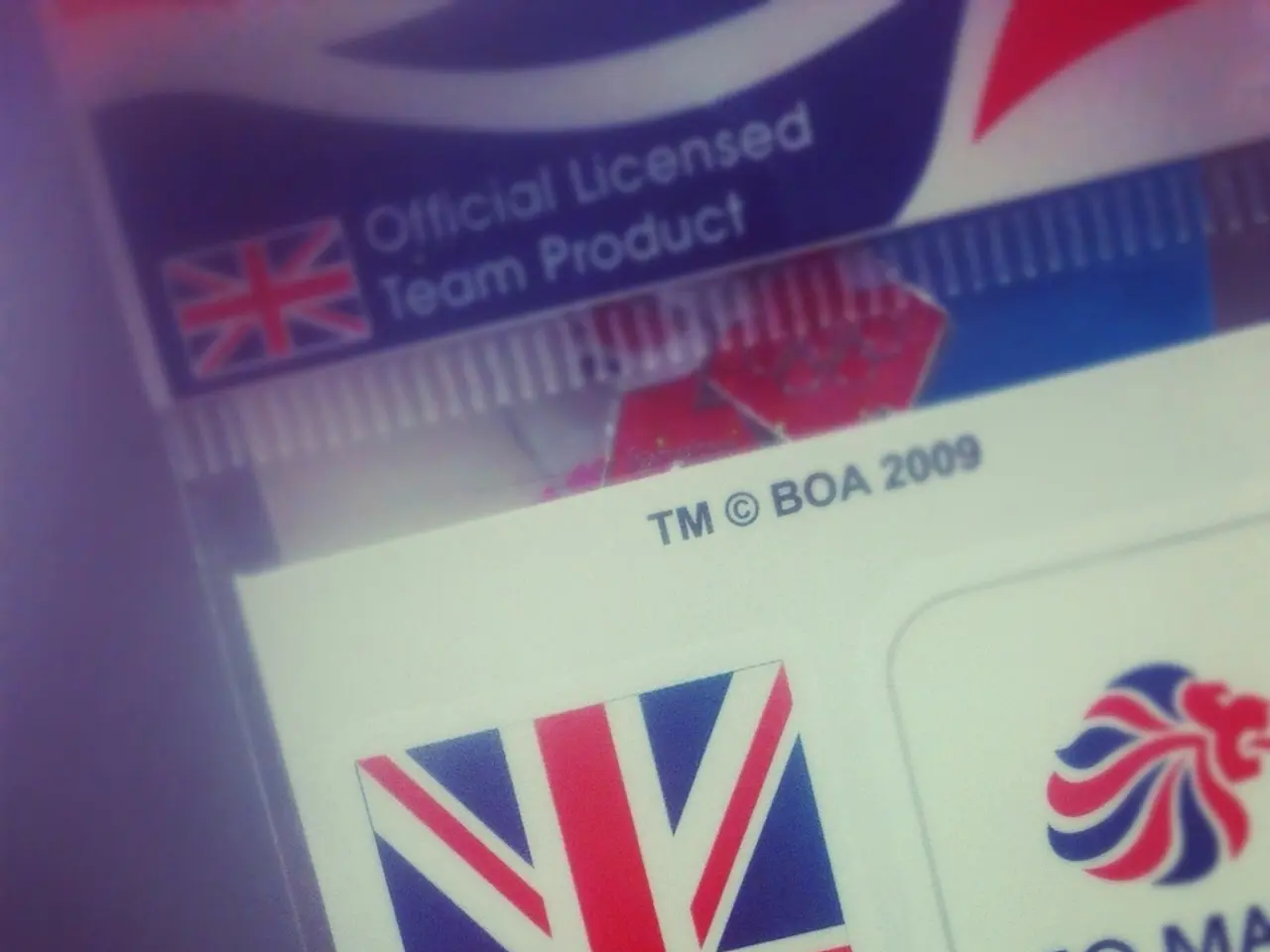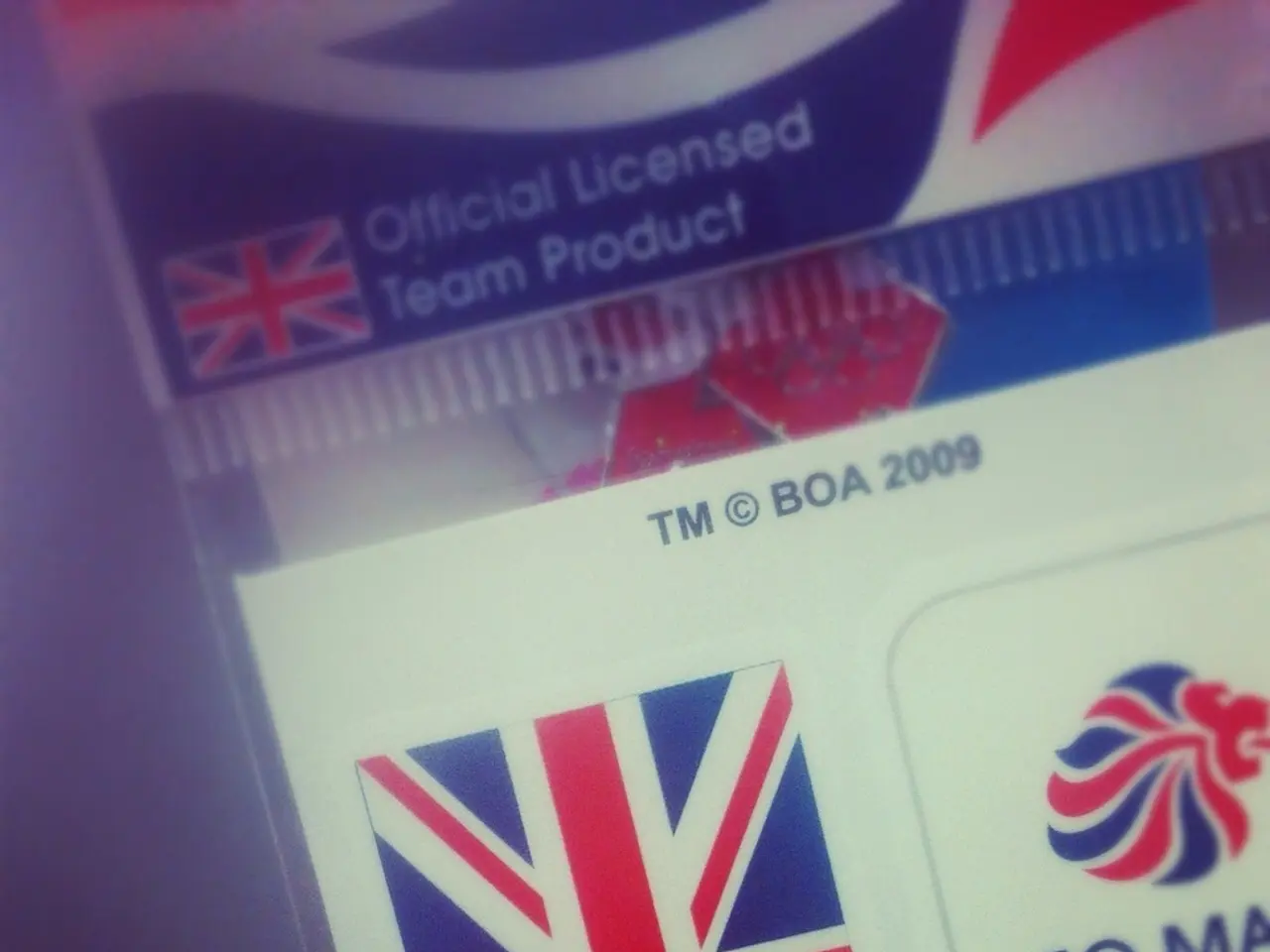Crypto companies in Nigeria are now required to establish local branches in order to participate in the regulatory sandbox program, as dictated by the Securities and Exchange Commission (SEC)
The Securities and Exchange Commission (SEC) of Nigeria has introduced a new mandate for crypto companies, aiming to address regulatory gaps and facilitate the onboarding of entities seeking registration. This initiative, known as the Accelerated Regulatory Incubation Program (ARIP), allows the SEC to better understand and regulate digital asset business models under the Investment and Securities Act (ISA) 2025.
To be considered for regulation by the SEC, crypto companies must set up an office in Nigeria. While detailed office setup requirements are not explicitly stated in publicly available documents, standard registration for financial firms typically requires a registered physical presence for operational and compliance purposes.
Key management personnel, such as CEOs, are expected to be accessible to Nigerian authorities, though explicit residency rules for CEOs are not detailed in sources. Foreign Virtual Asset Service Providers (VASPs) generally need reciprocal agreements with home regulators.
Crypto/digital asset companies must integrate with Nigeria’s financial infrastructure and comply with enhanced investor protections akin to securities regulation. Firms must comply with strict licensing, Anti-Money Laundering/Know Your Customer (AML/KYC) protocols, and submit to regular audits, while maintaining verifiable reserves, especially for stablecoin issuers.
Entities interested in the SEC's sandbox program are now required to have a physical office in Nigeria, according to new information on the SEC's website. Participants are expected to transition to registration with the SEC after the completion of the ARIP program.
The ISA 2025 formally recognizes crypto assets as securities, including Bitcoin, Ethereum, NFTs, and company-issued tokens, allowing them to be owned, transferred, and included in estate planning, with SEC oversight now central.
Companies operating without SEC authorization or registration will face a penalty of not less than ₦5,000,000 at the first instance and an additional ₦200,000 for each day of default. For commercialized VASPs operating trading, offering, and custody platforms without due authorization, the penalty is not less than ₦20,000,000.
Applicants must provide a sworn undertaking confirming that they and their key personnel have not been convicted of fraud, dishonesty, or other relevant offenses. Many crypto exchanges discontinued P2P services to Nigeria-based users due to the Central Bank of Nigeria's clampdown on P2P trading in 2024.
Recently, Nigeria has taken a regulation-by-enforcement approach, engaging in a legal battle with crypto exchange Binance. In December 2023, the Central Bank of Nigeria lifted its three-year prohibition on financial institutions engaging with crypto-related businesses. The new regulations imply that crypto assets may be treated as securities in Nigeria.
The ARIP program provides a sandbox-like environment for innovation under regulatory supervision, where firms demonstrate compliance before full market access. The SEC’s focus is on “responsible innovation,” balancing market stability and consumer protection.
- The Securities and Exchange Commission (SEC) of Nigeria has initiated a program called the Accelerated Regulatory Incubation Program (ARIP) for crypto companies, aiming to regulate digital asset business models under the Investment and Securities Act (ISA) 2025.
- To be considered for registration by the SEC, crypto companies must establish an office in Nigeria and comply with strict licensing, Anti-Money Laundering/Know Your Customer (AML/KYC) protocols, and submit to regular audits while maintaining verifiable reserves.
- Crypto/digital asset companies in Nigeria are expected to integrate with the country's financial infrastructure and follow enhanced investor protections similar to securities regulation, potentially including Bitcoin, Ethereum, NFTs, and company-issued tokens.
- Companies operating without SEC authorization or registration will be penalized, with penalties ranging from ₦5,000,000 for the first instance of non-compliance to ₦20,000,000 for commercialized Virtual Asset Service Providers (VASPs).
- Participants of the ARIP program, a regulatory sandbox, will be expected to transition to full registration with the SEC after completion and may be subject to penalties if they operate without authorization.




